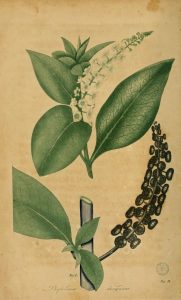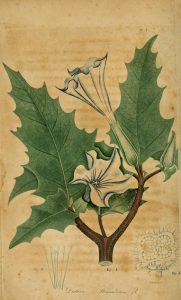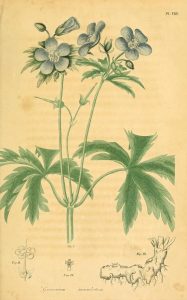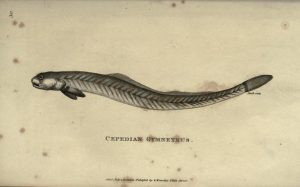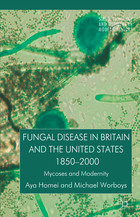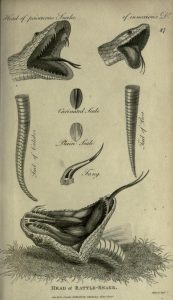The London School of Tropical Medicine was founded by Sir Patrick Manson, the “father of tropical medicine” and

‘Two dozen anti-plague rules’ from Japanese textbook on plague, with, Pathogenic horticulture : in two parts (1905)
opened in 1899 at the Seaman’s Hospital in London’s Albert Dock. In 1921 the Athlone Committee recommended the creation of an institute of state medicine, which built on a proposal by the Rockefeller Foundation to develop a London-based institution that would lead the world in the promotion of public health and tropical medicine. Thus the London School of Hygiene & Tropical Medicine was formed and granted its Royal Charter in 1924. The Library and its collections can be found in the LSHTM building in Keppel Street, Bloomsbury, built for us between 1926 and 1929.
We were the third library to send titles to the UK-MHL project for digitisation, the books included in the project reflect the School’s work on infectious diseases and its activities in public health, epidemiology, and tropical medicine. Since we started filling crates in November 2014 we have sent just under 1,000 titles from our collection, half of which are already digitised and available to view. By the end of the project, we hope to have approximately 3,000 items digitised and available to view.
There are two main collections of rare books and pamphlets: a general collection of pre-1900 items, some of which were donated and others purchased by staff on formation of the Library at the Seaman’s Hospital. A second collection was collected by Dr Richard J. Reece on smallpox and vaccination and donated by his widow. The Reece collection does not just contain works by notable vaccination physicians such as Edward Jenner, the surgeon and pioneer of smallpox vaccination, but also contains the furious outpouring of pamphlets by the 19th century’s opponents and sceptics to vaccination. Already digitised are texts by William Tebb, Alfred Wallace, and Charles Creighton. Alexander Paul, in The vaccination problem in 1903 and the impracticability of compulsion, describes the ‘conscientious objector to compulsory vaccination’ as ‘hounded from pillar to post as a free trader in smallpox’.

‘The conscientious objector’ from The vaccination problem in 1903 and the impracticability of compulsion / by Alexander Paul (1903)
Parallels with the current debates around vaccination are not hard to find.
The School was closely associated with the British Colonial Office in its early years, and the rare book collections reflect that colonial past. There are reports and publications from Africa, India, and Ireland. Look out for more items to come.
Of course, there are a significant number of reports by UK local and national government on sanitation, epidemics and social conditions in Britain from the late 19th and early 20th centuries. They include the social investigator Charles Booth’s analysis of the origins of poverty in London, collected through surveys and house to house visits, Life and labour of the people in London.1 It found that up to a third of London’s inhabitants were living in poverty, documenting the changing city of the early twentieth century. The physician Sir Thomas Oliver, (1853–1942) served on a number of official enquiries into industrial disease, including those recommending the restrictions on female employment in the lead industry and the banning of damaging substances from pottery glazes. He was the editor of Dangerous trades: the historical, social, and legal aspects of industrial occupations as affecting health. Many more items from our collections on all aspects of public health are scheduled to be digitised throughout 2015, including texts by John Simon and Edwin Chadwick.
Our most popular titles so far are various volumes from The Golden Bough, James Frazer’s seminal anthropological text examining the waning of belief in magic and witchcraft as science has replaced the old stories about how the world works. Although his evolutionary sequence is no longer accepted, he compared and synthesised a wide range of religious and magic practices.
We are excited to be able to make these texts more widely available through the Medical Heritage Library project and hope that people will find them useful for a wide variety of tasks. We would love to hear from anyone who has used any of our texts, tweet us @LSHTMLibrary.

Frontispiece from Tropical diseases : a manual of the diseases of warm climates / by Patrick Manson (1898)
1. Jose Harris, ‘Booth, Charles (1840–1916)’, Oxford Dictionary of National Biography, Oxford University Press, 2004; online edn, Jan 2008 [accessed 24 Feb 2015], doi:10.1093/ref:odnb/31966.






